Take me home through the roadblocks
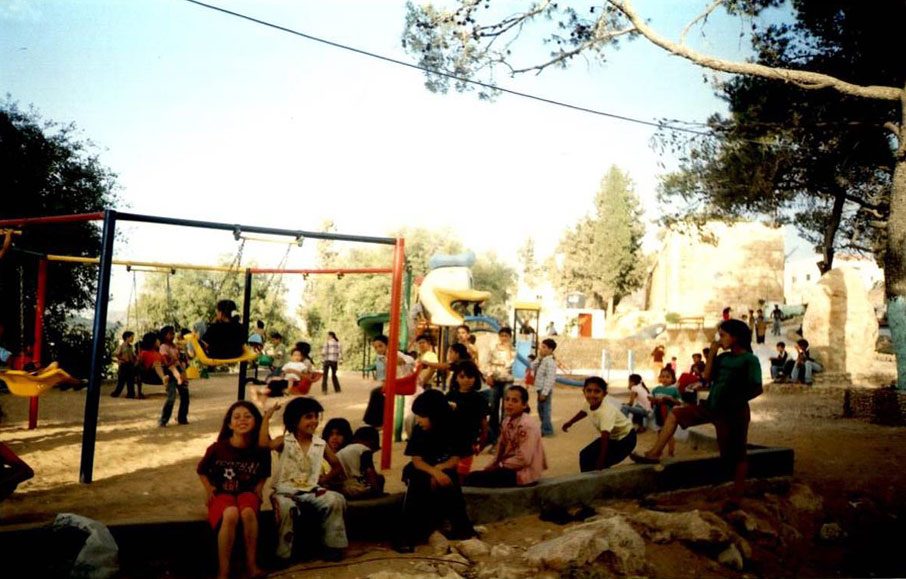
International Herald Tribune
Driving to medical school, as I do on two days of every week, passing through several checkpoints, arguing with the soldiers, I felt compelled, for the sake of the future, to try to understand them. I could detect their fear as much as their aggressiveness, their frustration as much as mine, and most of all their young age – the age of my students and my daughter.
Was their behavior at the checkpoints, individually or collectively, normal and healthy behavior? Certainly not. There were times when I could sense humanity, could even glimpse their promise. But at most times they were only a gun in my face, followed by a uniform.
Each day, before I leave home to travel from one place to another inside my own country, I pack my bag with a new book, a bottle of iced water, a thermos of coffee, two cellular phones (one for use in the West Bank and Gaza Strip; one for use in Jerusalem and Israel) and my personal music player. Perhaps this bag works as a defense mechanism, but it helps with each day.
Finally, I arrive at the medical school. The class that I tackle, not teach, is “Medical Ethics” (I believe medical ethics is not taught, but explored and discussed).
I have been giving this course for four years, and each year it becomes more interesting. Classroom discussions are inevitably hot as we explore the relationship between doctors and patients, religion and the body, sex, and spirit, confidentiality and more.
The most charged question is always: “If you found a wounded Israeli soldier, what would you do?” Responses vary from the most negative to the most positive. An ironic reply has become more and more common: “You think an Israeli soldier, even a wounded one, would accept my treatment?” “Don’t they see themselves as too superior to accept our help?”
The minute I ask a student, any student, about his or her day, a story of roadblocks, checkpoints and systematic harassment and humiliation will inevitably pour out. All this just in order to go from home to university and back again.
Today one student, a young woman, described an ugly scene. It was raining heavily, and, along with many others, she was waiting in line at a checkpoint. Above their heads, there was a light awning, offering some protection from the weather. Suddenly one of the soldiers – young and female, like my student – ordered everyone to form another line away from the awning. My student said the soldier watched as people in the line became wet and angry. She seemed happy.
The students asked me: “Dr. Jumana, how can you explain this behavior? Is it normal?” “Of course not,” I responded. “But despite this you must find ways to give yourselves strength. I know it’s extremely difficult, but it is healthier to think positively than to give up.”
But I encounter such events myself every day. It makes me question myself every day. It makes me question myself. What can, what should I be telling my students? How can I effectively respond to their feelings of anger and victimization, and the resulting hatred and calls for revenge? I wonder what an Israeli leader in my situation would do. The best – and only – answers I know are faith and love. Faith that the future can, and will be, different. Love so as not to give into hatred and despair.
Driving home again after the end of class, equipped with my book and thermos of coffee, I gave my headphones on. John Denver is singing, “Country roads, take me home / To the place I belong.” If you were to ask me how many hours of my life have I lost waiting at checkpoints, I would tell you how many books I have read.
At the last checkpoint, I recognize the soldier. He was at the checkpoint when I left home in the morning. His face has no expression. Suddenly, seeing the headphones on my head, he begins to laugh. He asks me – in Hebrew, of course: “Don’t you have money to buy a radio?” I reply: “What is it? Are you finally able to talk to me, and to laugh, because you are secure in your superiority over me? This morning, you had only a gun. Now, you have a gun and the belief that I am poor. How old are you?”
“Twenty.” “The same age as my oldest daughter. The same age as many of my students.”
I continue: “We have more money than you think. But we have something that it seems you have already lost. Our humanity.” The soldier is silent. But I never give up. “Take me home, country road.” I’m almost there, for today.
Jumana Odeh, a pediatrician, is director of the Palestinian Happy Child Center in Ramallah.
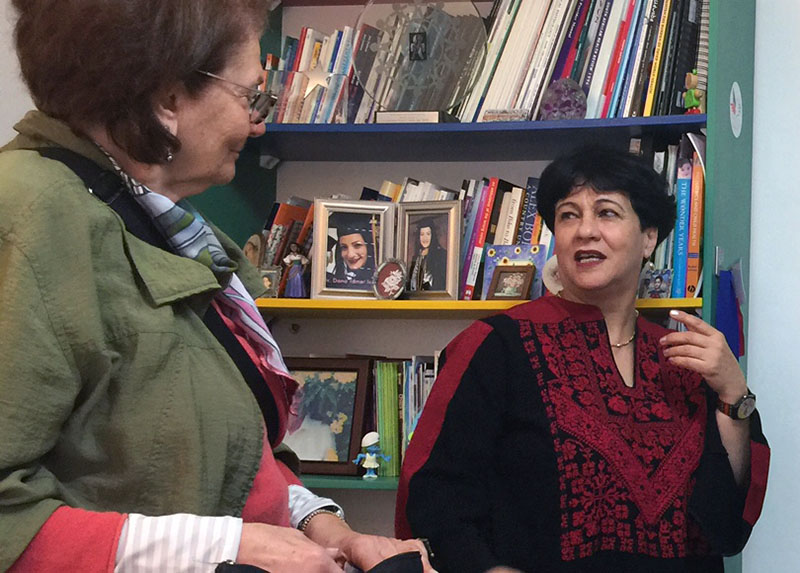
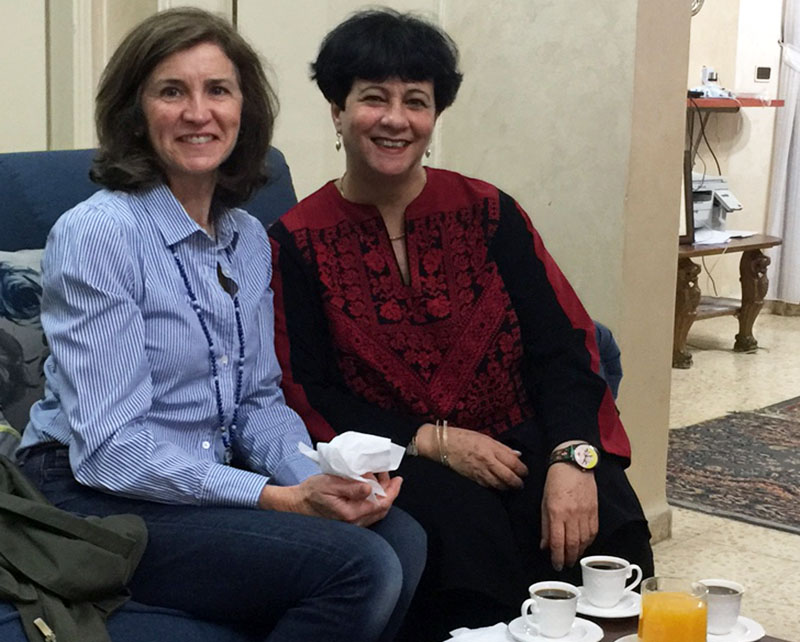
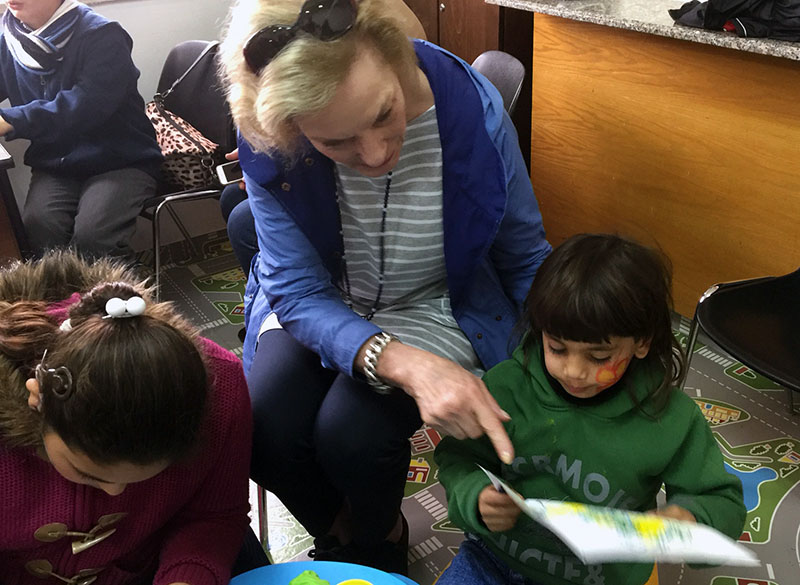
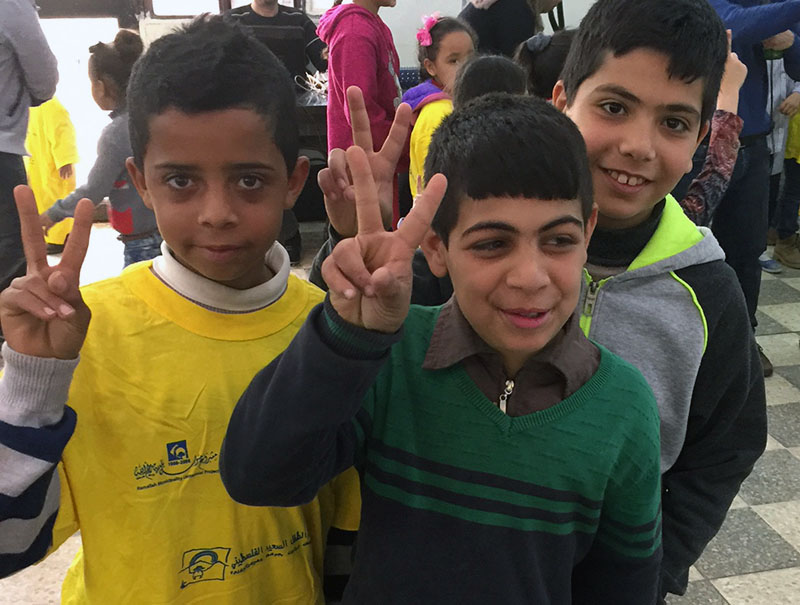
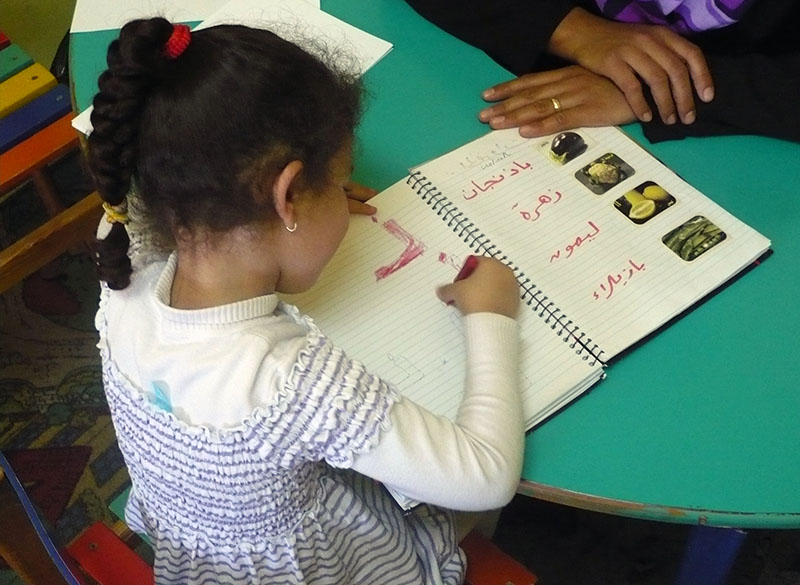
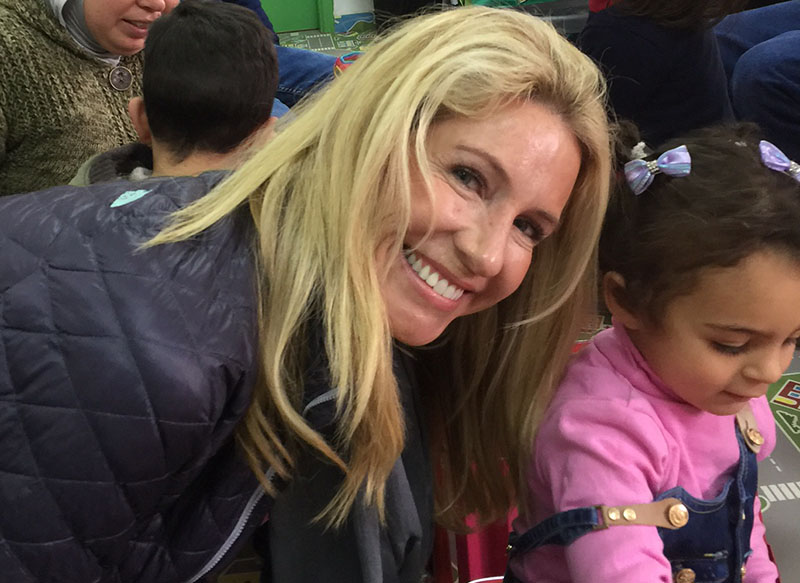
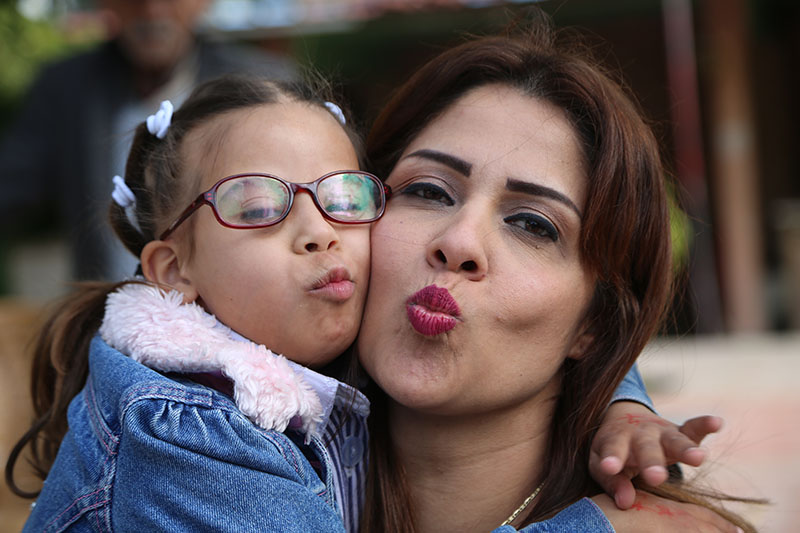
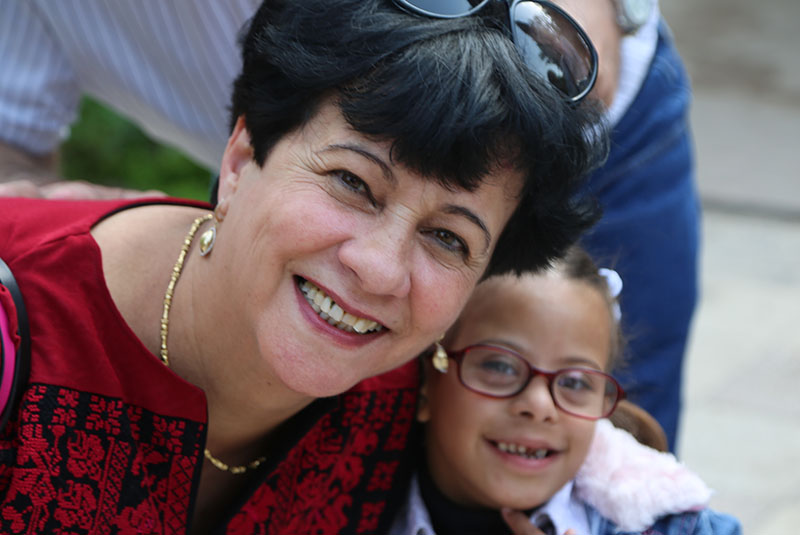
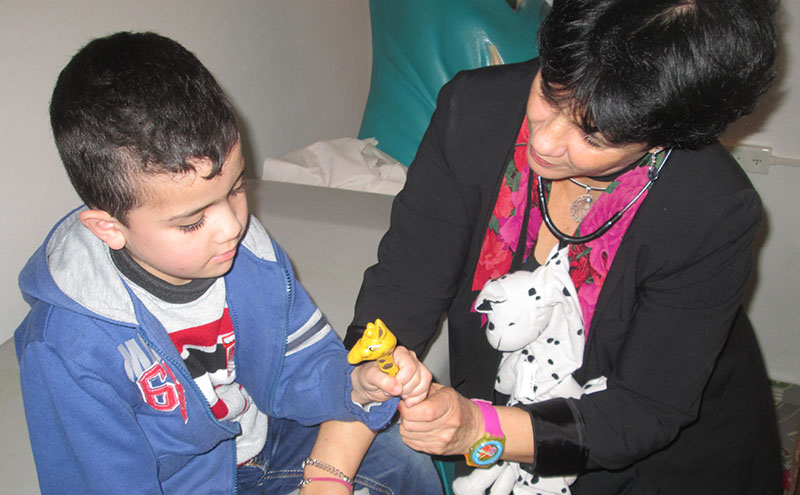
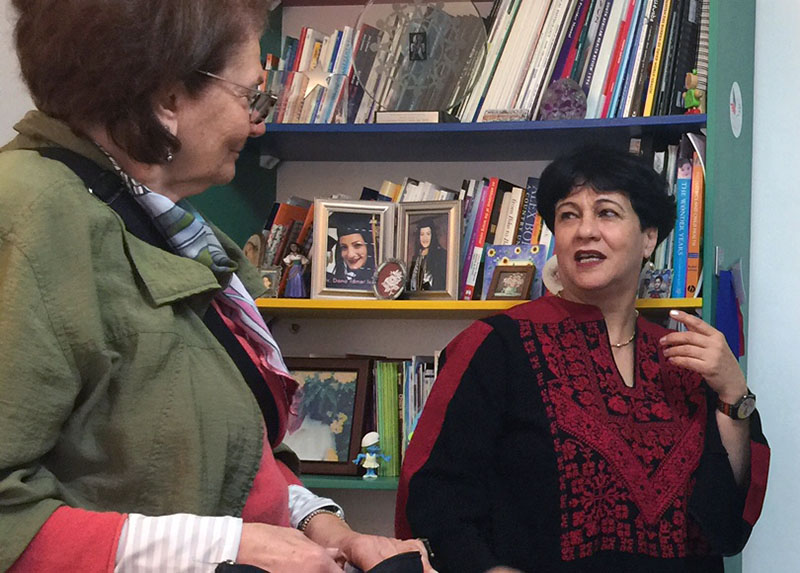
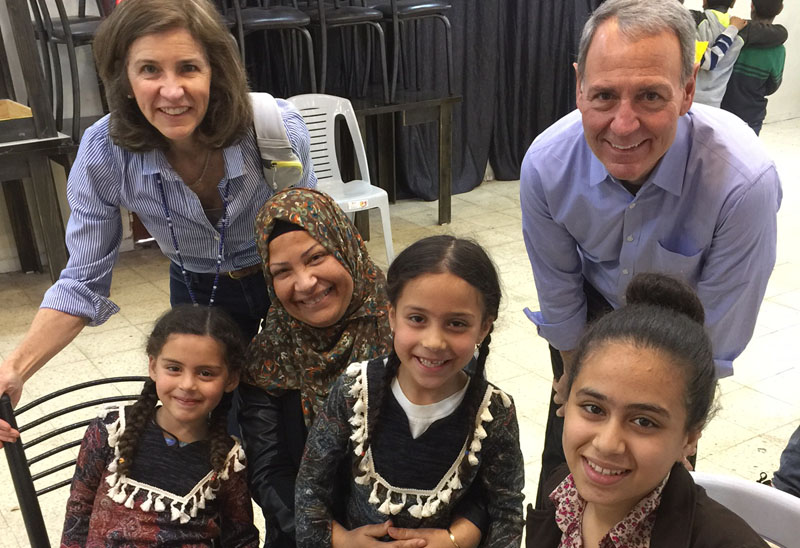
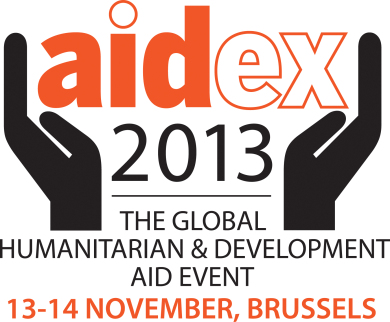
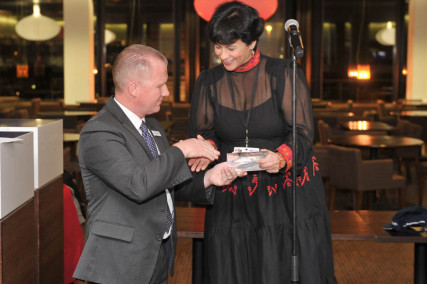



Recent Comments